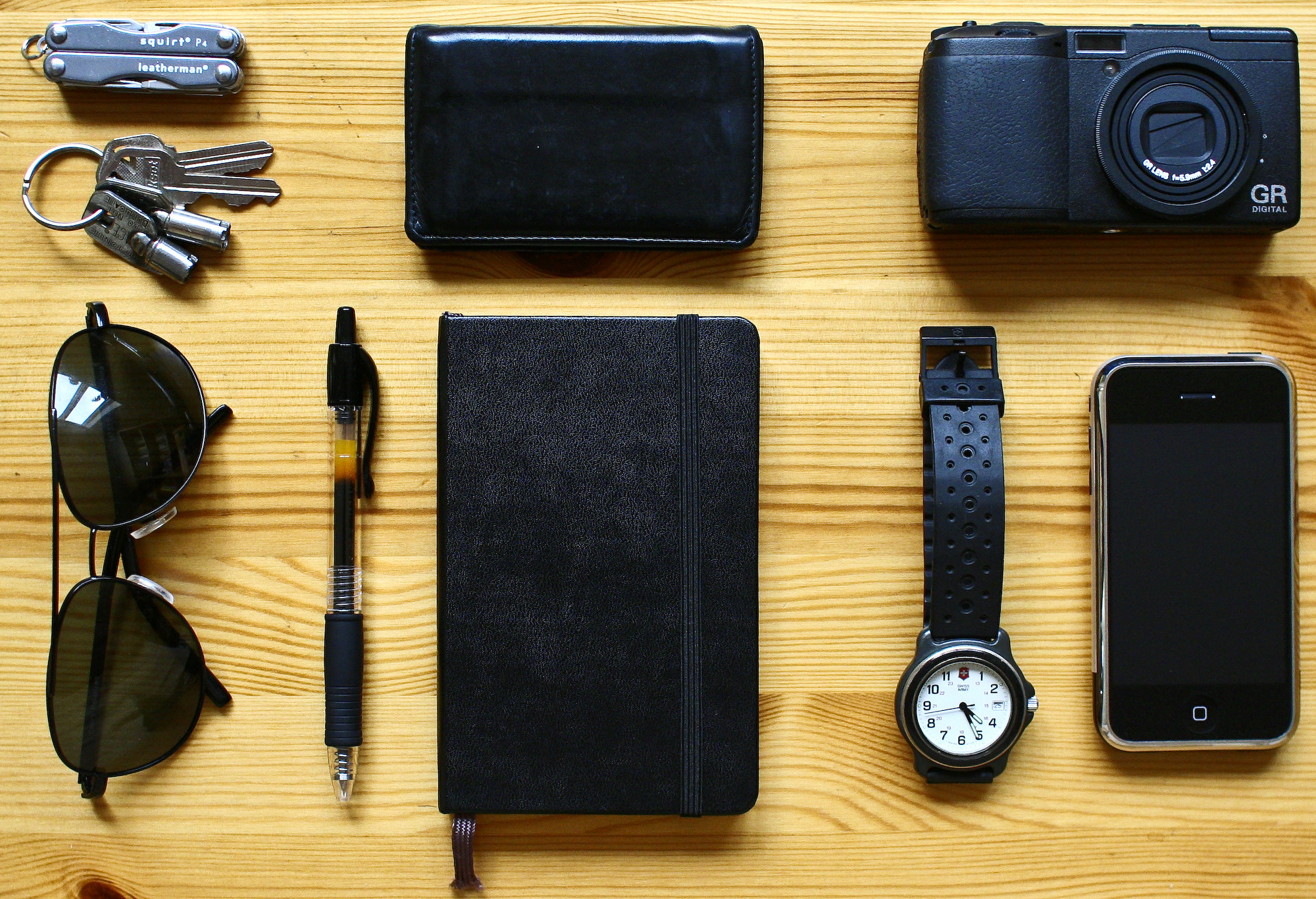
Gruber has this right. It’s not that Apple has become passionless, it’s that the passion has shifted. My speculation is: yes, and:
The products are now a means to the end, instead of being the raison d'être. Today's Apple seems focused on "human wellbeing", this is achieved by fighting climate change, healthcare/personal safety features, and operationalizing the company itself around reliability.
None of these things are evil. None preclude the fact that, we, as users, benefit. Who can argue with saving the planet, or saving lives, or answering their fiduciary duty while spending part of the proceeds to achieve the former two. It all makes sense. It’s even noble.
It's an Apple that thinks differently.
Ads
One way to look at this is in how Apple talks about itself in its ads.
Here's to the crazy ones. The misfits. The rebels. The troublemakers. The round pegs in the square holes.
The ones who see things differently.
They're not fond of rules. And they have no respect for the status quo.
You can quote them, disagree with them, glorify or vilify them. About the only thing you can't do is ignore them.
Because they change things.
They push the human race forward.
While some may see them as the crazy ones, we see genius.
Because the people who are crazy enough to think they can change the world, are the ones who do.
That's the copy of the Jobs Era Think Different ad campaign. This is an Apple that deeply believes that the creative uses of their—creatively made—technology changes the world.
Jobs Apple wanted to delight its users. Cook's Apple wants devices that look out for—take care of—the user. This is from Apple's press release that is a part of their "Privacy. That's Apple." campaign.
Apple believes that every user should have clear insights into how their data is used, and tools to decide when to share their data and who to share it with. The whimsical short film “A Day in the Life of an Average Person’s Data” invites users to follow Apple TV+ Ted Lasso star Nick Mohammed through his average day, explaining how bad actors misuse data — and how Apple works to keep his personal information safe.
Obviously, this is an Apple with a completely different financial, industry, and product situation. Yet, the tone is different. It's aiming to comfort, reduce complexity, reduce fear.
Keynotes
A Jobs product keynote the vibe was usually a variant of, “Look how cool this is! We hope you’ll enjoy as much as we do.” At a Cook keynote the vibe is, “This thing is impressive. Your life will be better with it.” This is why the Cook keynotes can be recorded—Jobs depended on applause as a part of the show. Feedback was part of the marketing. In contrast, Cook has a plan, it’s full speed ahead, torpedoes be damned1.
Jobs' Apple was excited for us to use a thing they thought was great. Cook's Apple is confident your life will be just a bit better when you depend on Apple.
Jobs delighted in surprising us. “One more thing”.
Cook delights in reminding us how Apple values privacy, sustainability, and healthcare. Apple's products are dependable enough to be relied on.
Product Strategy
This is a part of the problem with Cook’s Apple: it seems to expect thankfulness. From App Store policies, to a services focus, to limited first party watch faces, to stagnated products like Siri. These are things the Jobs' Apple would have had some emotion about, even if it just culminated in giving away rubber bands. Jobs cared about what the customers thought of the product.
Apple under Cook prioritizes customers’ wellbeing. Features like Night Shift, Focus Modes, and Screen Time, are not exciting—and offer user customization instead of one true way—but they prioritize wellbeing.
This entails limiting risky product changes. iPhone 15 too easily overheats. Apple probably knew about this issue because iPhone 16 (likely) runs much cooler. That planning was happening concurrently with the long product cycles Apple uses. It's not that Apple won't take risk under Cook—it's that the downside risk is much smaller.
- AI caught Apple flat-footed not because they didn’t see it coming, but because they’re a big ship that prioritizes minimizing risk across multi-year cycles, which makes changing course is hard2.
- We don’t often see fun colors. Color doesn't protect the user, and increases manufacturing costs which is bad for the climate.
- The HomePods are middling—Apple has a product in their lineup that they feel protects users. They've done that. No more improvements needed.
- Design changes are conservative. Jobs Apple might have changed the design just for the sheer quest of trying to perfect it. Cook Apple has found something that works, they'll iterate, but shy away from the risk of a redesign.
Jobs was the editor of products to be the best he thought they could be. Cook doesn’t edit products. He edited the organization to reliably produce products.
The Sense of Loss
The Apple we have today isn't bad. The products are good. They look good. They often have the best tech. The climate goals are laudable. The accessibility and health features have never been better. But we mourn what we’ve lost: a company that built things to delight us. We’ve instead gained a company that looks out for us. We can be thankful, mournful, and cautious of an entity that claims our guardianship rather than our companionship.
Footnotes
-
The torpedoes have long been foreseen and planned around. ↩
-
Arguably, they seem to be slow to even stop doing things. ↩

 Daring Fireball
Daring Fireball

